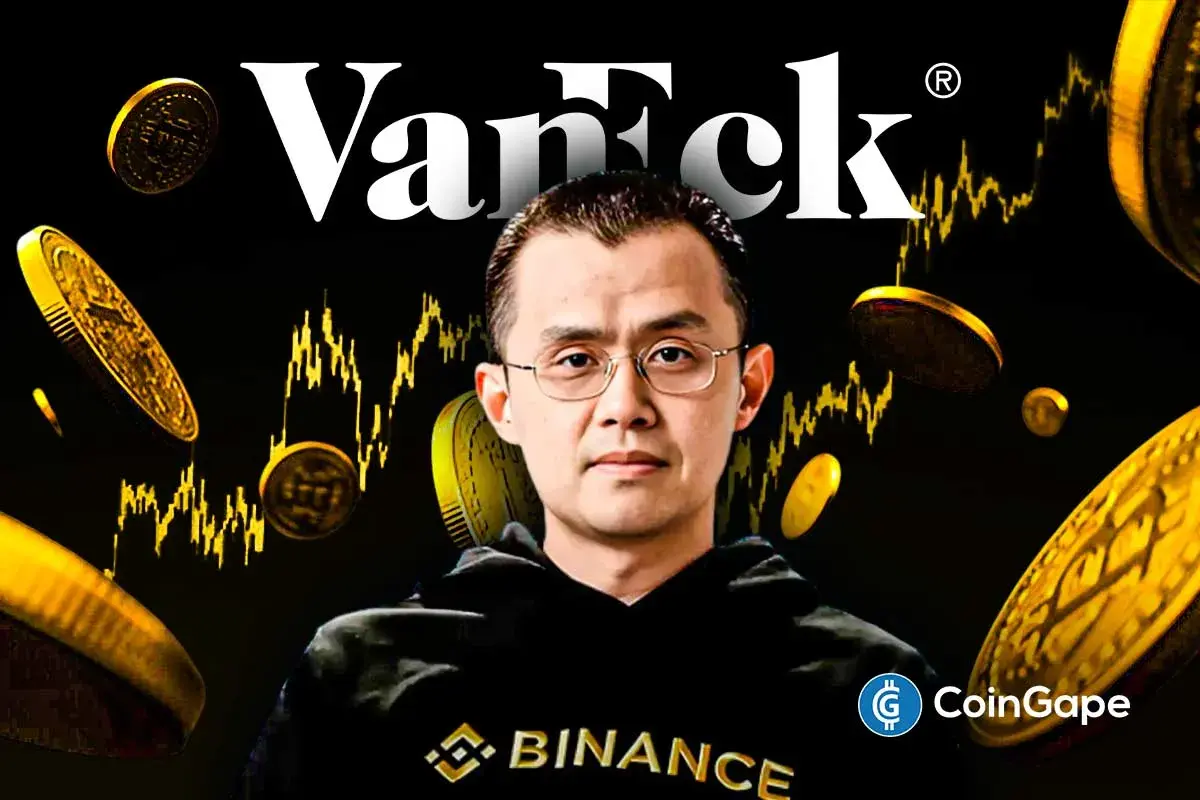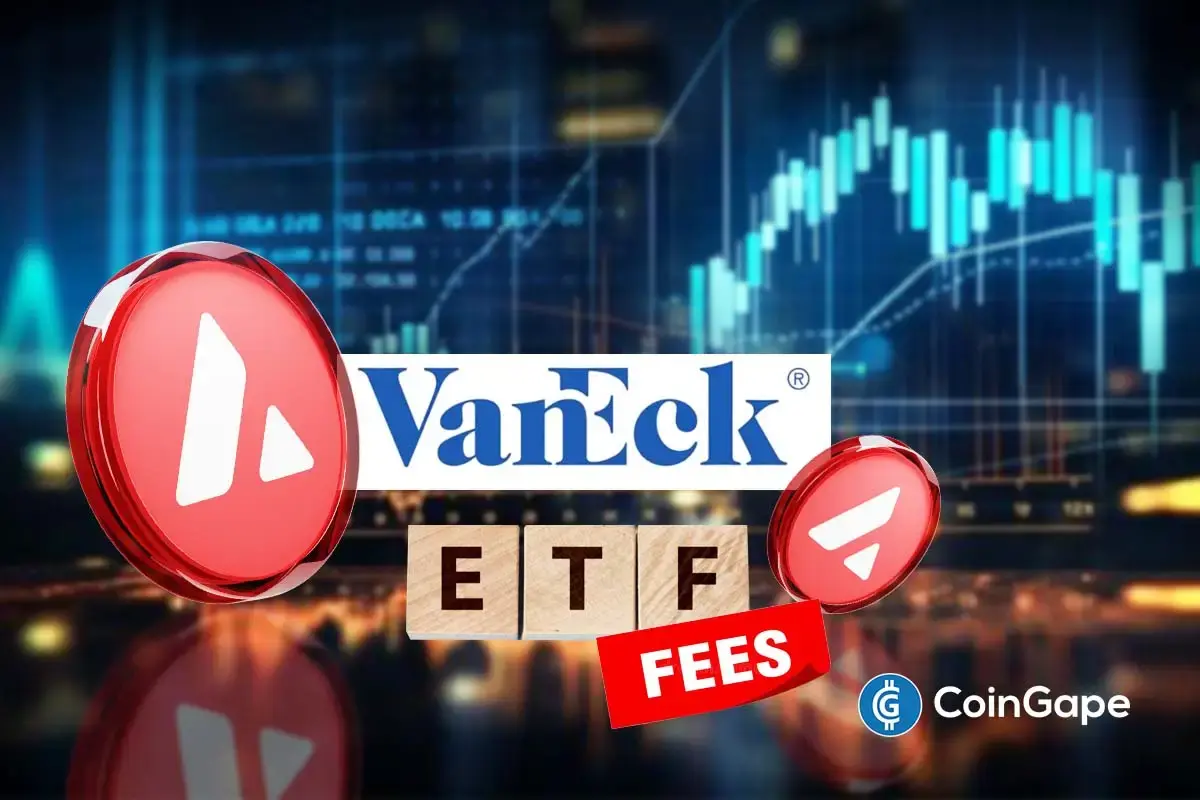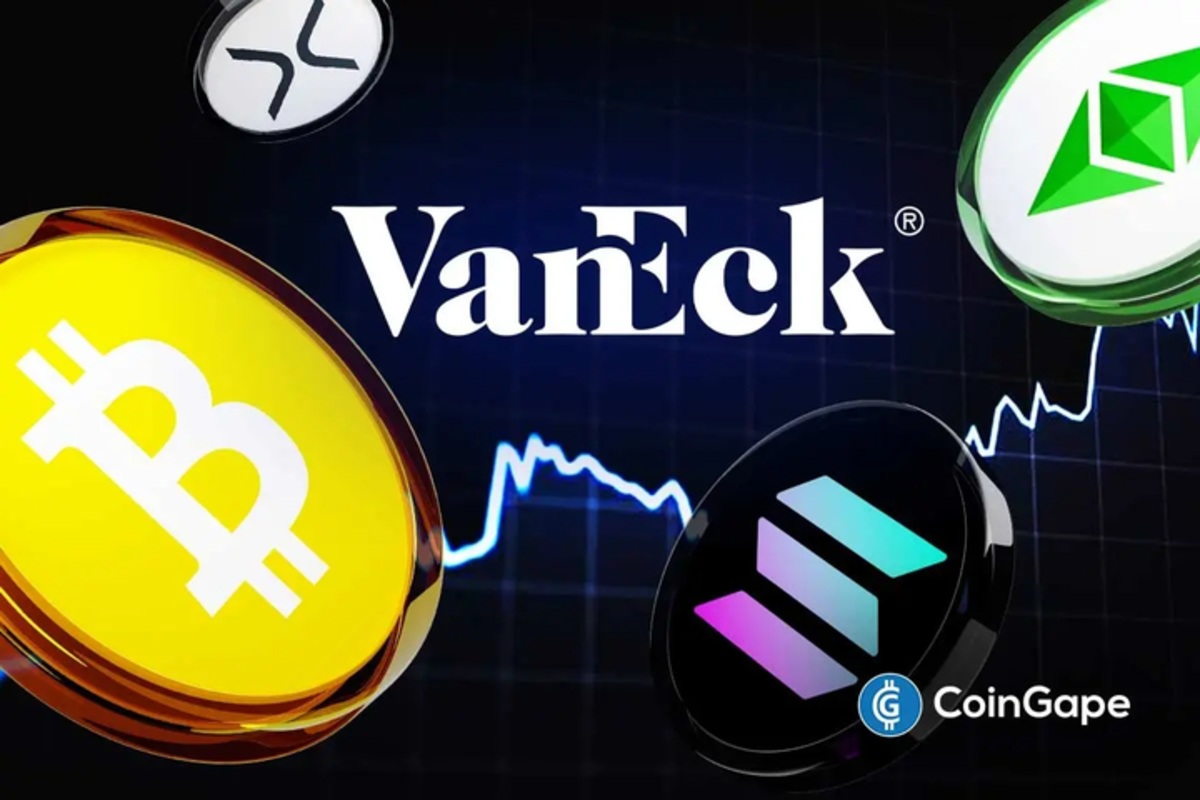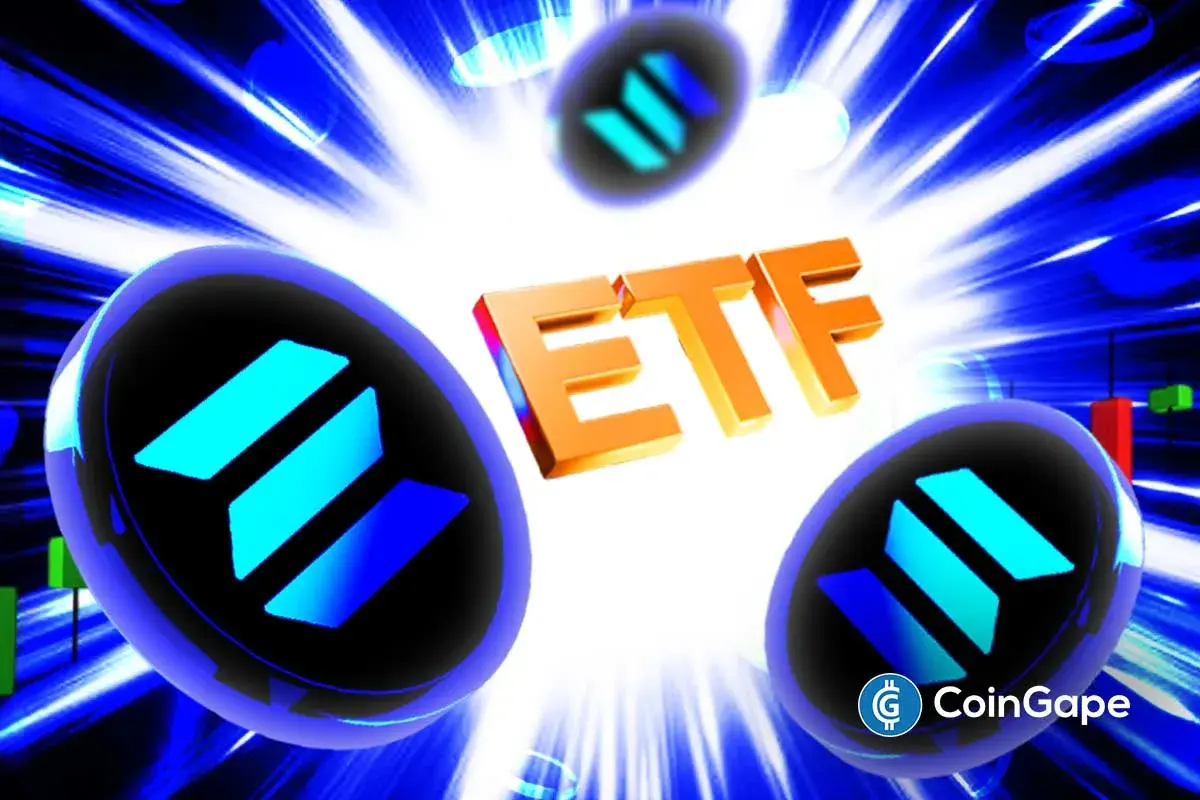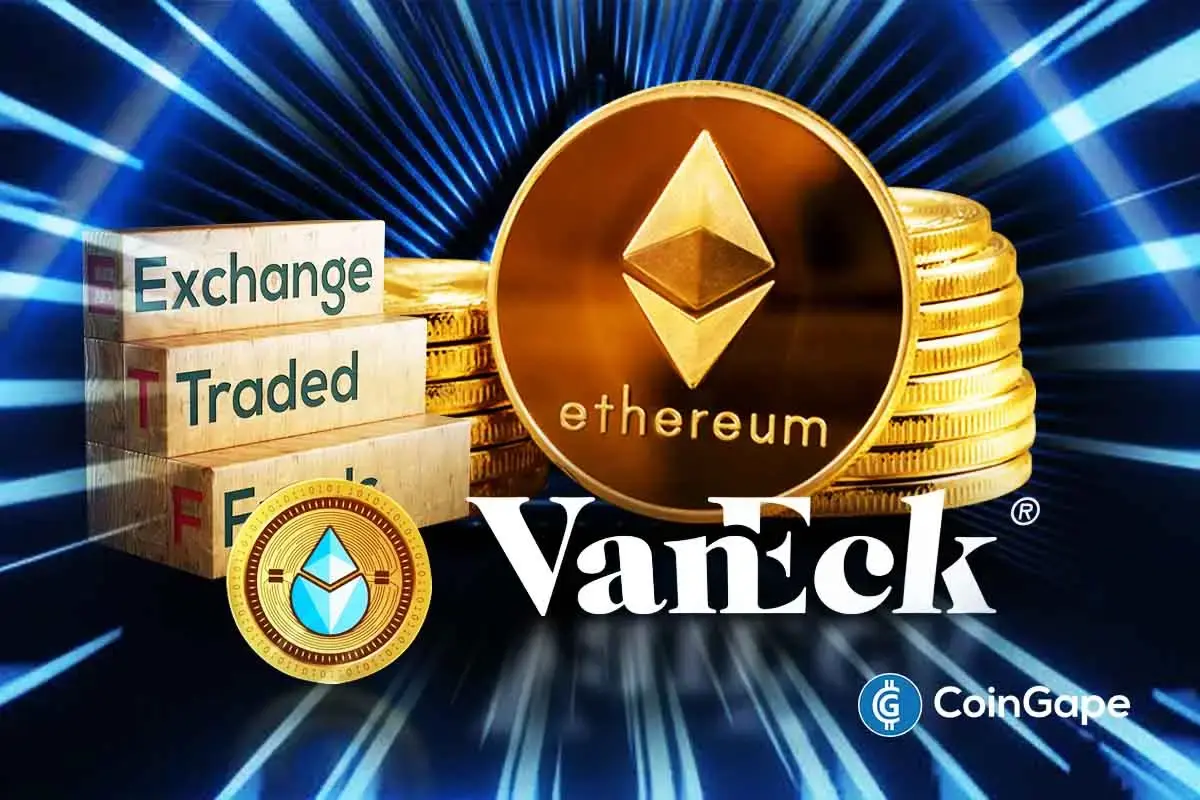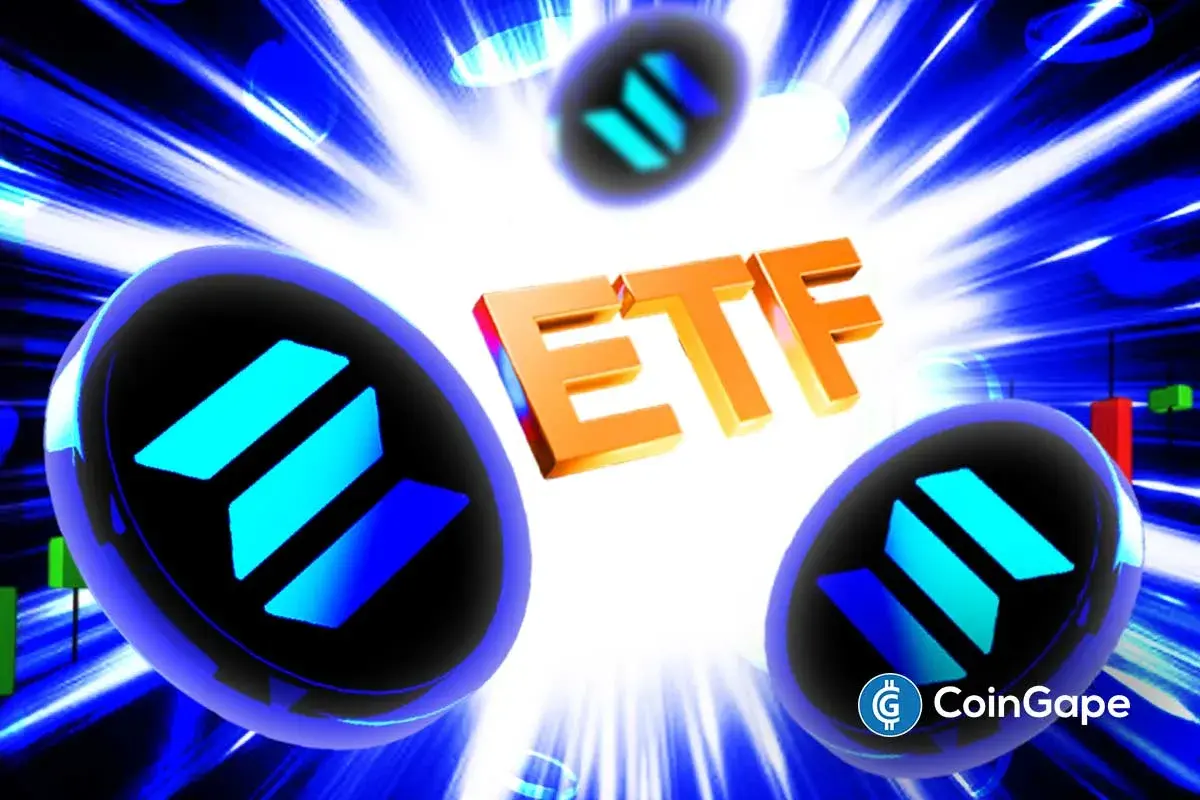VanEck’s Spot Solana ETF Can Face SEC Rejection Due to One Huge Risk

Highlights
- VanEck's bold move to file for a spot Solana ETF on June 27 highlights significant risks.
- It notes concentrated ownership of SOL tokens, which could impact market stability.
- The filing underscores Solana's unique position without a US futures market.
- Also risks like Solana's Proof of History mechanism causing network outages might be a factor to consider.
On Thursday, June 27, investment firm VanEck made a bold move by filing for the spot Solana ETF with the U.S. Securities and Exchange Commission (SEC). While several market participants have started predicting the timeline for the approval, VanEck’s filing has some important details that mention the risks involved.
Spot Solana ETF Faces Risk of Concentrated SOL Ownership
Unlike Bitcoin and Ethereum VanEck’s proposal of spot Solana ETF is unique since there are no Solana futures trading in the US to accompany it. Besides, unlike other ETF applications, VanEck’s filing also lists a specific risk of concentrated ownership of SOL tokens.
VanEck’s filing notes that by November 2023, the 100 largest Solana wallets held nearly one-third of all the SOL in circulation. “As a result of this concentration of ownership, large sales or distributions by such holders could have an adverse effect on the market price,” noted VanEck.
Token decentralization is of utmost importance to investors and regulators. Thus, this concentrated ownership of Solana might not go well with the SEC and could be a roadblock in the approval of the VanEck Solana ETF.
Earlier this year while approving the spot Bitcoin ETF, SEC Commissioner Caroline Crenshaw also expressed similar concern about ownership in Bitcoin, explaining why she dissented from the approval.
Around 16% of all Bitcoin in circulation is held by the top 107 wallets, which is about half the concentration seen in Solana. Similarly, the top 100 Ethereum wallets have 19% of the ETH supply.
However, Matthew Sigel, VanEck’s head of digital assets research has dismissed the concerns stating that the Solana blockchain network itself is decentralized.
Also Read: Will Solana and Ether Outshine Bitcoin in the Near Term Amid ETF Hype?
Another Major Risk With Solana
VanEck has also identified another specific related to Solana, related to its unique Proof of History consensus mechanism. Although the Proof of History allows Solana to process transactions faster than other blockchains like Ethereum, it has also been victim to several hours of long network outages due to issues with PoH in recent years. The SEC might take this into consideration while deciding on spot Solana ETF approval.
Well, it seems that participants have decided to look past these issues as of now. Soon after the news of the filing, the Solana price surged in double digits rallying all the way to $150. Currently, the SOL price continues to hold closer to these levels.
Play 10,000+ Casino Games at BC Game with Ease
- Instant Deposits And Withdrawals
- Crypto Casino And Sports Betting
- Exclusive Bonuses And Rewards

- Crypto Weekly Wrap: Jane Street Targeted After Terra Suit, Vitalik’s ETH Selloffs, Regulatory Progress Feb 23-27
- Meme Coin Market Dead? Top 5 Reasons Dogecoin, Shiba Inu, and Pepe Are Crashing
- Crypto Market Crashes as U.S.-Iran Tensions Escalate With Airstrikes
- Breaking: Ethereum Price Drops Amid Israel-Iran Tensions; Machi Big Brother Liquidated Again
- CLARITY Act: Stablecoin Yield Debate Heats Up, but March 1 Deadline Not ‘Do or Die’
- Top Analyst Predicts Pi Network Price Bottom, Flags Key Catalysts
- Will Ethereum Price Hold $1,900 Level After Five Weeks of $563M ETF Selling?
- Top 2 Price Predictions Ethereum and Solana Ahead of March 1 Clarity Act Stablecoin Deadline
- Pi Network Price Prediction Ahead of Protocol Upgrades Deadline on March 1
- XRP Price Outlook As Jane Street Lawsuit Sparks Shift in Morning Sell-Off Trend
- Dogecoin, Cardano, and Chainlink Price Prediction As Crypto Market Rebounds

 Buy $GGs
Buy $GGs





